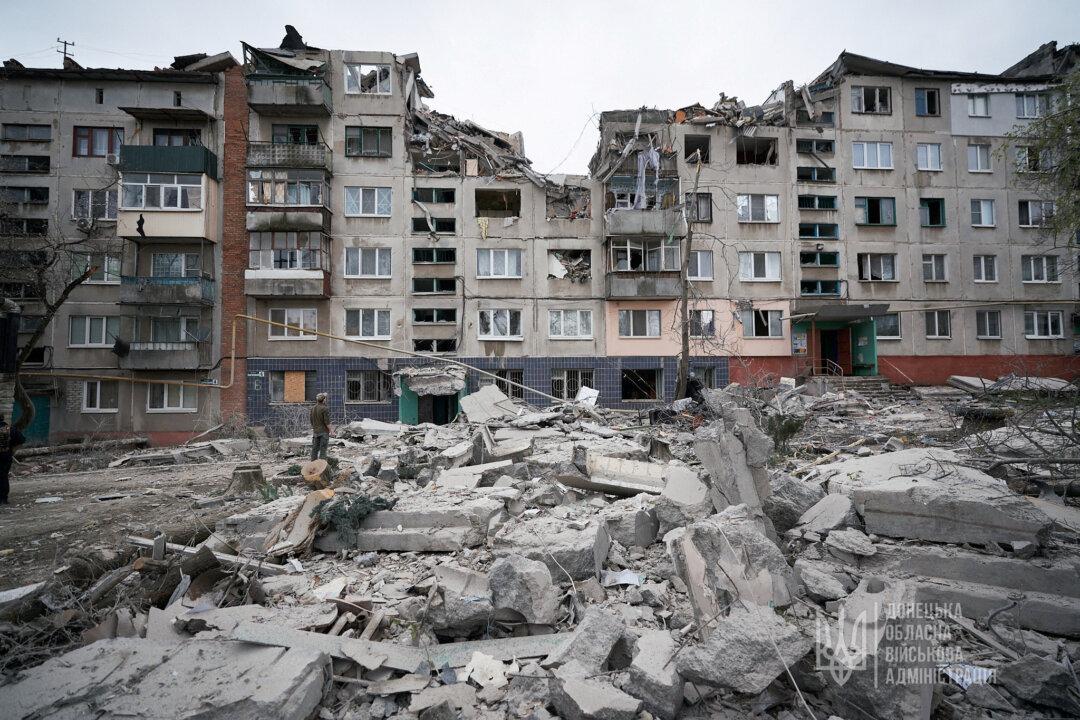Commentary
Americans are divided about U.S. assistance to Ukraine. A legitimate concern for everyone, regardless of what “side” of the issue they’re on, is the long-term ramifications of alternative courses of military action or inaction.

Americans are divided about U.S. assistance to Ukraine. A legitimate concern for everyone, regardless of what “side” of the issue they’re on, is the long-term ramifications of alternative courses of military action or inaction.